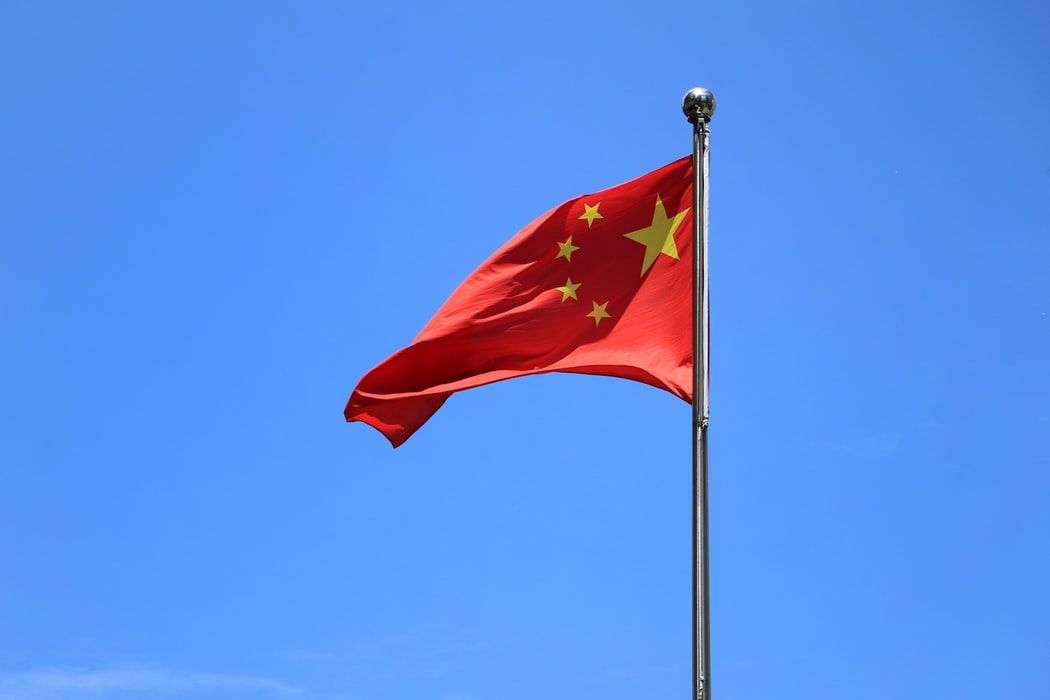China Approves Xgeva to Prevent Bone Events Due to Multiple Myeloma, Other Cancers

Xgeva (denosumab) has been approved by the China National Medical Products Administration (NMPA) to prevent bone problems — such as fractures, spinal cord compressions, and the need for radiation or surgery — in people with multiple myeloma and in those with bone metastases from solid tumors.
Xgeva was previously approved in China to treat adults, and adolescents with a mature skeleton, who have giant cell tumor of the bone that is untreatable with surgery. Developed by Amgen, the therapy was licensed to BeiGene in China following a strategic collaboration that began earlier this year.
“We began commercializing Xgeva in China in July of this year and are excited to offer it for prevention of skeletal-related events,” Xiaobin Wu, PhD, president of BeiGene, said in a press release.
“This approval provides us with an opportunity to offer these patients in China a new medicine to help prevent [bone problems] and is an important addition to our expanding oncology product portfolio,” he added.
A process called bone remodeling is key to keeping normal bones strong and healthy. In the process, special cells called osteoclasts break down old bone, while osteoblasts replace it with new one.
People with multiple myeloma and with bone metastases from solid tumors, however, have overactive osteoclasts and become more prone to developing bone lesions.
Xgeva is a human antibody that prevents bone breakdown by neutralizing the RANKL protein, which plays a vital role in the formation, function, and survival of osteoclasts.
Xgeva’s approval to prevent bone lesions, or skeletal-related events, is based on data from four clinical trials (NCT00321464, NCT00330759, NCT00321620, and NCT01345019) that evaluated the therapy in over 7,000 people with either myeloma, or bone metastasis from breast, prostate cancer, or other solid tumors.
Results from these trials showed that Xgeva significantly delayed the time to a first bone problem — including fractures, spinal cord compressions, and the need for radiation or surgery — in all patients with solid tumors compared with standard of care zoledronic acid. This treatment option slows bone breakdown, but is associated with kidney toxicity.
In the myeloma trials, Xgeva was non-inferior to zoledronic acid, meaning it worked at least as well as the standard treatment at delaying bone events.
“Amgen is accelerating our oncology pipeline for patients in China with difficult-to-treat cancers through our collaboration with BeiGene,” said My Linh Kha, vice president and general manager, Amgen Japan Asia-Pacific (JAPAC). “We congratulate our teams and celebrate the approval of this new indication of Xgeva for the prevention of skeletal-related events.”
In multiple myeloma patients, the most common adverse reactions included diarrhea, nausea, anemia, back pain, low platelet and calcium levels, swelling of the hands and lower legs, upper respiratory infection, rash, and headache. Pneumonia was the most common serious side effect.
The most commonly reported reason for discontinuing Xgeva was osteonecrosis, or the death of bone tissue, in the jaw, causing pain. All adverse reactions reported in the clinical trials were similar for both Xgeva and zoledronic acid.






